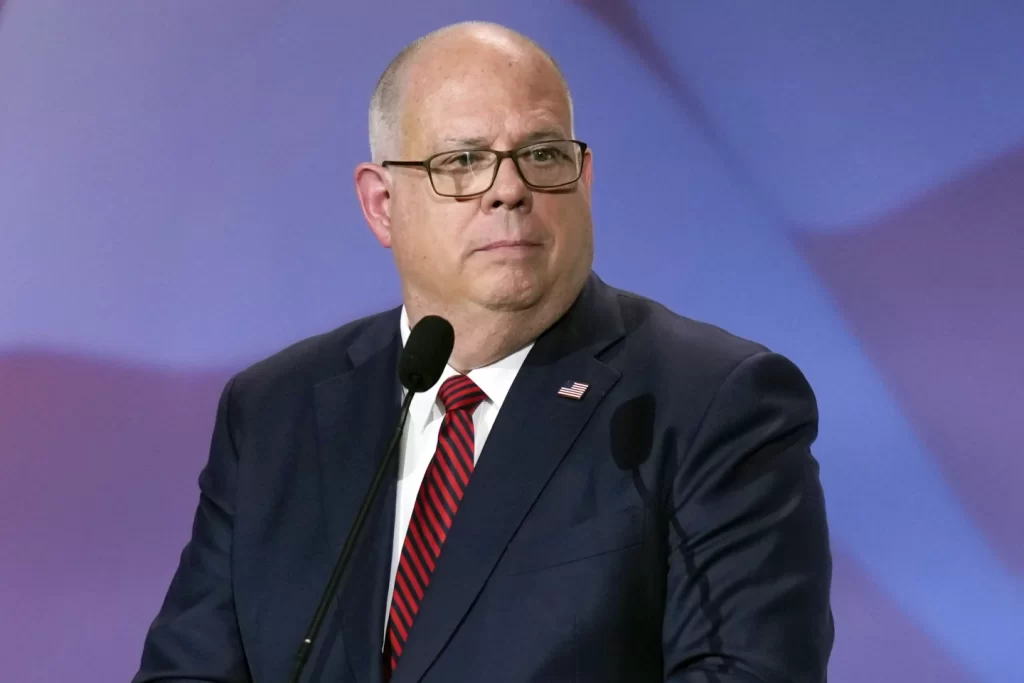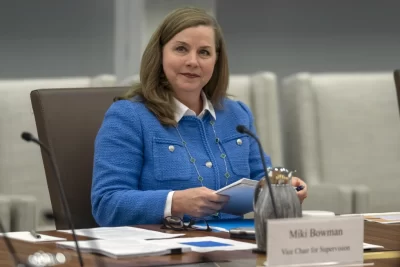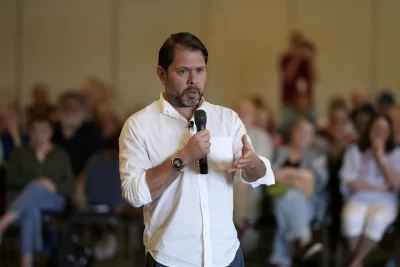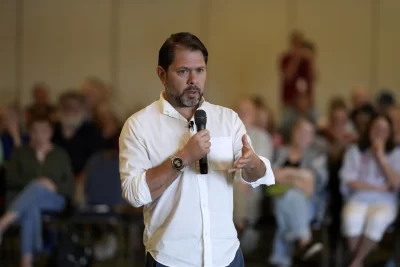
DAVOS, Switzerland — The Earth is heating up, as is conflict in the Middle East. The world economy and Ukraine’s defense against Russia are sputtering along. Artificial intelligence could upend all our lives.
The to-do list of global priorities has grown for this year’s edition of the World Economic Forum’s gabfest of business, political and other elites in the Alpine snows of Davos, Switzerland, which runs Tuesday through Friday.
Over 60 heads of state and government, including Israeli President Isaac Herzog and Ukrainian President Volodymyr Zelenskyy will be heading to town to hold both public appearances and closed-door talks. They’ll be among more than 2,800 attendees, which also include academics, artists and international organization leaders.
“Davos is easily mocked. But in current times it is hard to get people together to talk in a room on shared global issues and the value of face-to-face conversations is very real, as the COVID-19 pandemic showed,” Bronwen Maddox, director of the Chatham House think tank, said in an e-mail.
Here’s what to watch for:
While Davos is generally big-picture, regional conflict can cast a long shadow — like Ukraine’s war did a year ago, prompting organizers to exclude any Russian delegation.
This year, Israel’s three-month war with Hamas in Gaza, and recently U.S. and British airstrikes on Houthi militants in Yemen who have fired missiles into Red Sea shipping lanes, are looming large.
Herzog, the Israeli president, whose job is more ceremonial than is Prime Minister Benjamin Netanyahu’s, will be on hand for a Davos session Thursday, and the prime ministers of Qatar, Jordan and Lebanon will also be attending.
A “humanitarian briefing on Gaza” session gets a half-hour slot Tuesday.
A testament to how technology has taken a large and growing slice of attention in Davos, this year the theme of Artificial Intelligence “as a driving force for the economy and society” will get about 30 separate sessions.
The dizzying emergence of OpenAI’s ChatGPT over a year ago and rivals since then have elevated the power, promise and portent of artificial intelligence into greater public view. OpenAI chief Sam Altman will be in Davos along with top executives from Microsoft, which helped bankroll his company’s rise.
AI in education, transparency about AI, its ethics and impact on creativity are all part of the menu — and the Davos Promenade is swimming in advertisements and displays pointing to the new technology.
Forum organizers warned last week that the threat posed by misinformation generated by AI, such as through the creation of synthetic content, is the world’s greatest short-term threat.
Such misinformation could surge this year, and one session explores the threat of “bots and plots” on democracies.
Forum organizers say elections in countries whose populations together total 4.2 billion people will take place this year, and many will be contested. (Few doubt whether Russian President Vladimir Putin will get a new term.)
It comes against the backdrop of talk about a new Cold War, the widening rift between dictatorships — or at least autocracies — and democratic countries.
Back-to-back addresses Tuesday morning by Prime Minister Li Qiang of China and Ursula von der Leyen, the president of the European Commission, will highlight the contrast. President Joe Biden’s national security adviser, Jake Sullivan, gives a speech later in the day.
French President Emmanuel Macron and U.S. Secretary of State Antony Blinken will speak Wednesday, as will Argentina’s new president, Javier Milei, a libertarian who has already announced plans to slash the government workforce.




